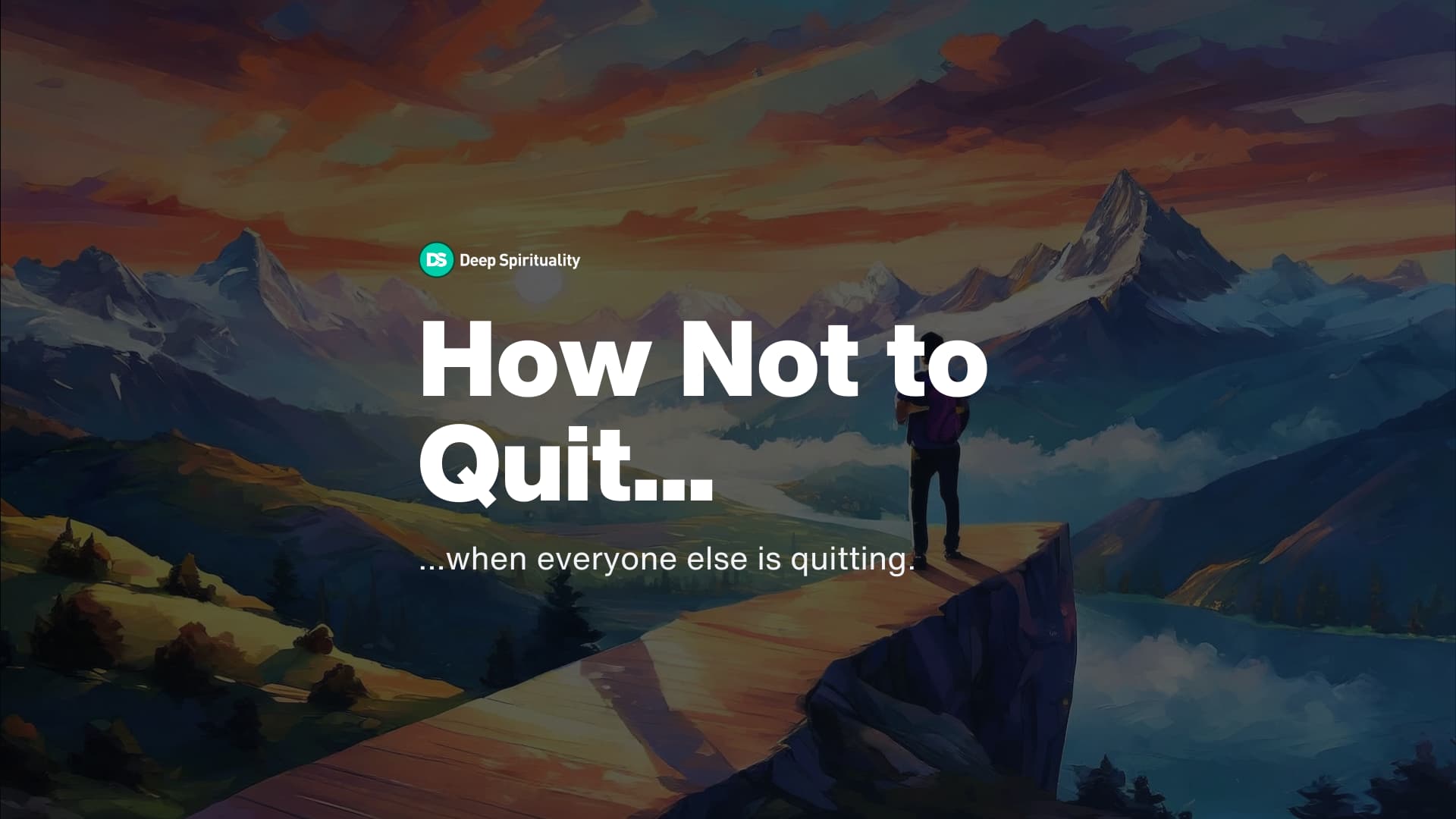Selected reads.
Whether you’re new to Deep Spirituality or a regular, we recommend sinking your teeth into these in-depth devotionals.
A five-step journey to a soul connection with God, through the footsteps of Jesus.
Creating a spiritual culture that develops, supports, and rehabilitates spiritual leaders.
The latest.
The latest.
When our relationship with him is close, courage comes naturally because we trust God to protect us
God enjoys the process of helping us become who we’re meant to be
What matters is we have a God who can always lift us out of the pit
Closeness to God is where we get the power to go through everything we will face in life.
Creating a spiritual culture that develops, supports, and rehabilitates spiritual leaders.
Negative thoughts about ourselves can be debilitating and discouraging
A five-step journey to a soul connection with God, through the footsteps of Jesus.
God's thoughts are higher than and completely different from ours
Personal conviction is something internal that guides the way we live our lives
As we let God take care of us, his kindness and comfort will help us relax
God wants to attach to us, and he longs for us to attach to him.
Morning devotionals in your inbox
Start your day right with My Morning Mindset, a 3-day-a-week devotional newsletter.
"*" indicates required fields














